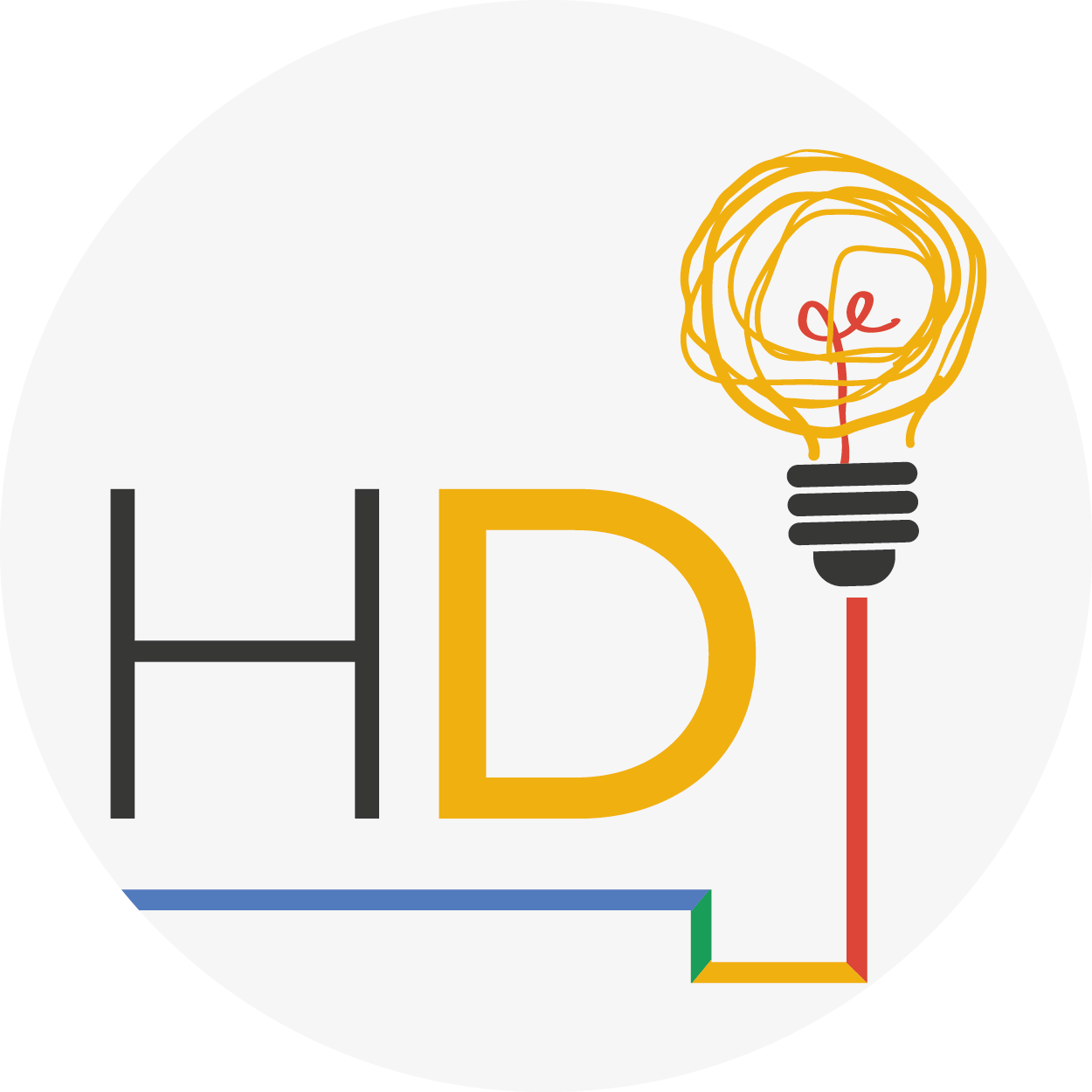Shortening Relative Clauses: The Basics This lesson focuses on reducing subject relative clauses as well as shortening relative pronouns. An example of reducing a subject relative clause might be removing “who is” from the sentence, “the man who is standing over there.” In that example Relative pronouns include that, which, who, whom, what, and whose. An example might be “He doesn’t like the shirt that I bought.” In defining relative clauses, when the relative pronoun (that) is the object of the clause (I bought)we can drop the relative pronoun.

